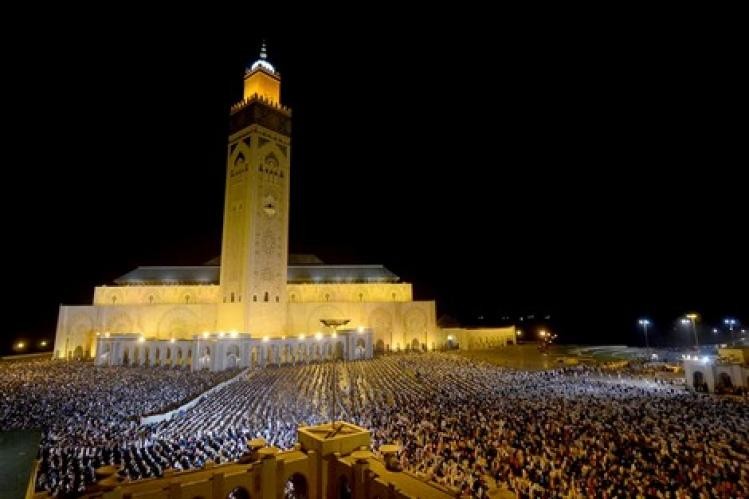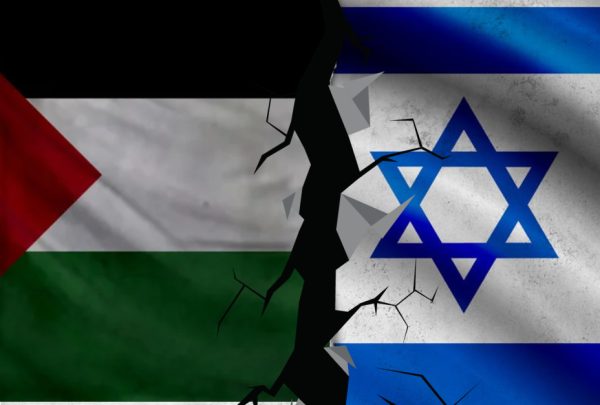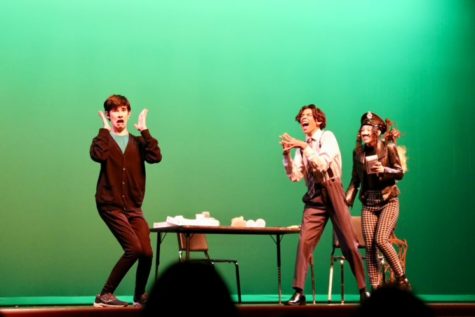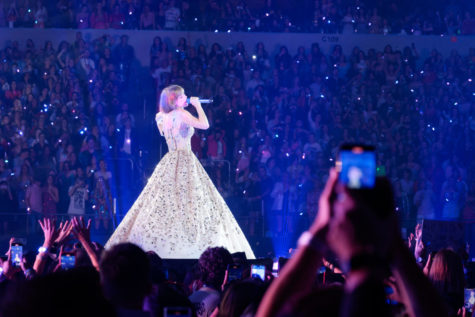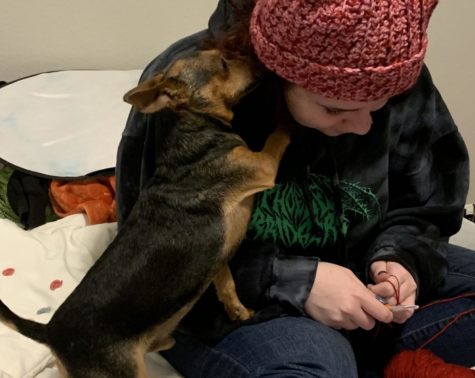Ramadan: What it means to Muslims
Ramadan is not just about fasting.
Beginning on the evening of March 22, around 1.9 billion Muslims around the world commenced the celebration of the month of Ramadan, a special month for participants in which they fast from sun up to sun down. Too often, this is the only thing that is detailed when talking about the month, when in reality, there are many more things Muslims do during the month that deserve to be talked about.
Apart from being the fourth pillar in Islam, Ramadan holds a special place in the hearts of Muslims as it gives them a chance to become closer to God and instill many good deeds with him as they go through the various things Muslims do during the month of Ramadan.
A normal day to a Muslim consists of praying the five prayers that are crucial to their religion: Fajr, Dhuhr, Asr, Maghrib, and Isha. Five times spread throughout the day to thank God for the mercy that he has given to you. However, during Ramadan, daily life is different as they strive to do more religious things such as reading the holy book of the Qur’an or giving money and food to the poor.
“The biggest difference is that I try to go to the mosque more often at the end of the day for Taraweeh,” sophomore Lamia Benyoussef explained.
Taraweeh is one of the exclusivities to the month of Ramadan. After “Iftar” (the time when Muslims break their fast), a voluntary prayer is open for Muslims to do as they head to the Mosque to pray an additional twenty raka’as (cycles of prayer) in addition to their normal five prayers. This was started by Prophet Muhammed, the most important prophet in all of Islam who went to pray twenty times after Isha. The prophet, not wanting to make this mandatory, didn’t show up one day in a mosque full of Muslims, as he feared that it would become compulsory. Islamic scholars believe that praying all twenty isn’t mandatory if people decide to pray it.
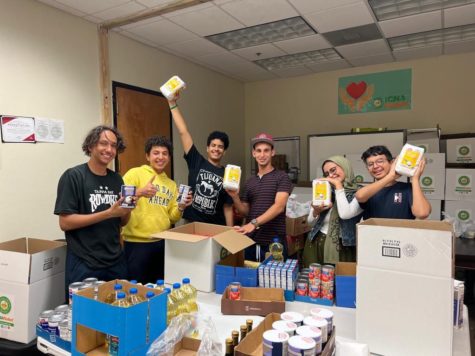
Muslims also participate in giving more Zakat during Ramadan as well. Zakat is another pillar of Islam, and it consists of giving to the needy and the poor. It’s a way to bless those who are going through tough times, and desperately need it. During Ramadan, people are motivated even more to do it as greater blessings will be given since it’s a holy month. The organization ICNA Relief, which I had the pleasure of working with, aims to give back to these people in need.
Before Ramadan started, volunteers created boxes filled with goods that would be given to the less fortunate so that during Ramadan, they would have food on the table to break their fasts with. Volunteers made over 200 boxes, equivalent to helping 200 families.
Despite the seeming unpleasantness of fasting throughout the day, Ramadan is a time of celebration, and informing non-Muslims about what Ramadan is.
“I get super excited when people ask me about Ramadan because I love talking about it and sharing my experiences,” senior Emaan Ahmed explained.
Wiregrass Ranch art teacher, Rhiannon Smith, created a sign on the white board in her art class to bring awareness and celebrate the month of Ramadan.
“We often create signs for holidays on our boards, so I wanted to make sure we recognized Ramadan,” art teacher Rhiannon Smith said.
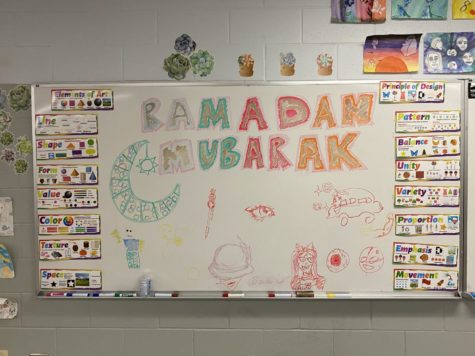
To bookend the month of Ramadan, Eid al-Fitr is celebrated. Eid al-Fitr is a time when Muslims come together to pray a small prayer, and then spend time with family and friends throughout the day to celebrate the coming together of the Muslim community and the deeper connection they now have with God.
Ramadan officially ends on the evening of April 21. Eid al-Fitr is scheduled to be on April 22.
Your donation will support the student journalists of Wiregrass Ranch High School. Your contribution will allow us to purchase equipment and cover our annual website hosting costs.
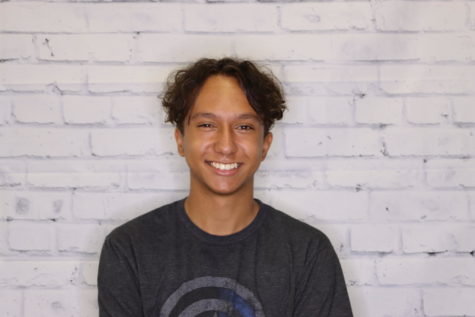
Zack is a senior at Wiregrass Ranch and this is his first year writing for The Stampede. He is the president of Movie Club at the Ranch. Outside of school,...

